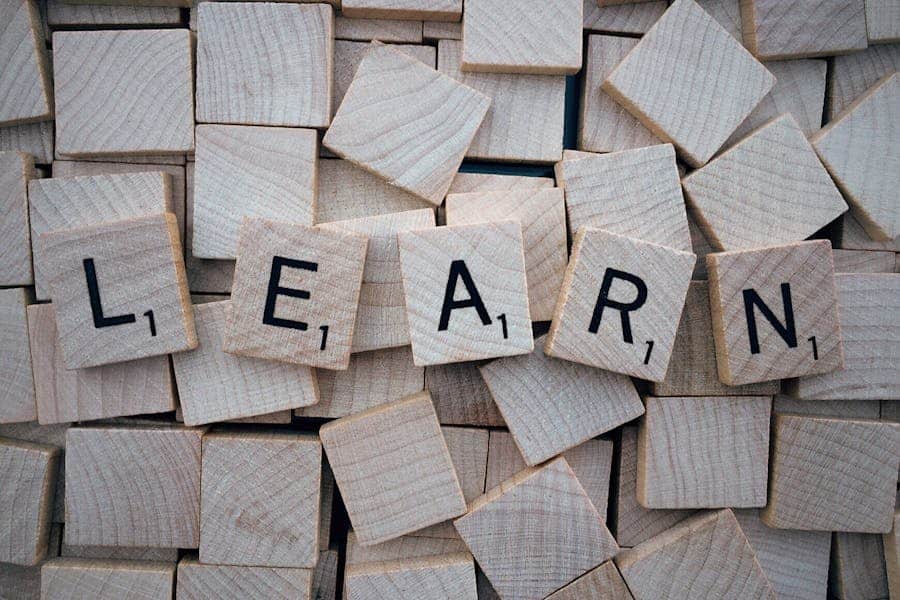
Spelling has always been a cornerstone of effective communication. It’s not just about getting words right; it’s about ensuring clarity, credibility, and connection. When it comes to the phrase “The correct spelling is school, not school. some pe – Tymoff,” there’s an interesting context behind its quirky appearance. While this may seem confusing at first, it highlights the need to focus on linguistic accuracy and the subtle humor embedded in language learning. This article dives into why spelling matters, common mistakes, and strategies to ensure you get it right every time.
Whether you’re a student, a professional, or someone passionate about language, this deep dive into spelling quirks like “school not school” will leave you better informed and prepared to avoid errors. Let’s unravel this interesting topic!
Why Spelling Accuracy Like ‘School’ Matters?
Mastering spelling is more than just memorizing letters. It is a foundational skill that affects communication, credibility, and comprehension. The phrase “The correct spelling is school, not school. some pe – Tymoff” may seem odd but carries a deeper message.
Spelling impacts first impressions, whether in academic settings, job applications, or casual conversations. A simple error like “school” instead of “school” can change how others perceive you. It’s not about being perfect but being clear and precise.
Moreover, in today’s digital world, where autocorrect often assists us, it’s easy to overlook spelling basics. However, relying entirely on tools can lead to mistakes when technology fails. This is why revisiting spelling fundamentals and practicing regularly are essential for lifelong learning.
The humor in “some pe – Tymoff” reminds us that language doesn’t have to be intimidating. Embracing the quirks of spelling fosters engagement and curiosity in learners.
Spelling is integral to building effective communication skills and self-confidence. From school essays to professional documents, getting it right showcases your attention to detail.
How Common Spelling Errors Happen?
The Role of Phonetics in Spelling Errors
Spelling mistakes often arise due to how words sound versus how they’re spelled. For instance, “skool” might feel correct because of its phonetic similarity to “school.”
Technology Dependence
Autocorrect and spell-check tools have created a safety net. However, this dependence reduces our awareness of correct spellings.
Regional Variations in Spelling
Words like “color” in the US and “color” in the UK highlight regional differences, adding another layer of complexity.
Typographical Errors
Quick typing often results in misplaced letters or omitted characters, leading to errors like “school.”
Learning Challenges
Dyslexia and other learning difficulties can significantly impact a person’s ability to spell correctly, requiring alternative strategies and tools.
How to Avoid Common Spelling Errors?
- Practice Regularly: Dedicate time to reviewing frequently misspelled words.
- Use Mnemonics: Memory aids like “Big Elephants Can’t Always Use Small Exits” for “because” help.
- Proofread Thoroughly: Always double-check your writing before finalizing it.
- Learn Phonetics: Understanding sound patterns aids in decoding complex spellings.
- Leverage Resources: Apps like Grammarly and dictionaries are valuable tools.
When Humor Meets Learning – The Quirkiness of Tymoff?
Humor has a unique way of making learning enjoyable. The phrase “The correct spelling is school, not school. Some pe – Tymoff” illustrates this perfectly. By adding an unexpected twist—”some pe”—the phrase captures attention and creates a memorable learning experience.
Language is often perceived as rigid and rule-based. Injecting humor, as Tymoff does, transforms learning into a more relaxed and engaging activity. Educators can use similar techniques to encourage students to think critically about spelling while enjoying the process.
Humor also highlights the relatability of errors. Everyone has experienced the embarrassment of a spelling mistake. Instead of fearing it, phrases like Tymoff’s encourage embracing and learning from them. This approach fosters creativity and curiosity in language learners.
How Technology Affects Spelling in Modern Times?
The Benefits of Spell-Check Tools
Spell-check tools identify errors instantly, reducing the chances of mistakes in professional documents.
The Drawbacks of Over-Reliance
Blindly trusting autocorrect can result in errors like “their” being replaced with “there” due to context misinterpretation.
Learning Through Digital Games
Apps like Scrabble and Words With Friends make spelling practice fun and competitive.
The Role of Social Media
Shortened forms like “u” for “you” in text messaging contribute to declining spelling standards but also reflect evolving language trends.
The Future of AI in Spelling Education
AI-driven tools could revolutionize spelling education by personalizing learning based on an individual’s weaknesses and strengths.
Why Do People Struggle with Spelling?
Spelling, despite being a fundamental language skill, continues to challenge learners of all ages. There are several reasons why people struggle with spelling, and understanding these factors is the first step in overcoming them.
One common issue is phonetic inconsistencies in the English language. English is notorious for words that are not spelled the way they sound. For instance, “colonel” is pronounced as “kernel,” creating confusion for learners who rely solely on phonetics. Additionally, silent letters, like the “k” in “knife,” further complicate the learning process.
Memory limitations also play a role. Some individuals have difficulty retaining the correct order of letters in complex words. Words with irregular spellings, such as “rhythm” or “bureau,” require rote memorization, which can be tedious and prone to errors.
Another factor is the lack of formal instruction or practice. In a fast-paced digital age where autocorrect and predictive text do the heavy lifting, people often neglect spelling skills. The over-reliance on technology has made it less necessary for individuals to focus on learning correct spellings independently.
Learning disabilities such as dyslexia can make spelling particularly challenging. Dyslexia affects the way individuals process language, leading to frequent errors in spelling despite consistent effort.
Lastly, exposure to informal language on social media and texting platforms has influenced spelling habits. The use of abbreviations like “gr8” for “great” or “u” for “you” has normalized spelling shortcuts, reducing the emphasis on traditional spelling rules.
How Humor Can Revolutionize Spelling Education?
Humor has emerged as a powerful tool in making the process of learning spelling both enjoyable and effective. Traditional methods of rote memorization often feel dull, but incorporating humor breathes life into this essential skill.
When humorous phrases like “The correct spelling is school, not school. some pe – Tymoff” are used, they capture attention and create a lasting impression. Humor makes information more relatable and memorable, particularly for younger learners who thrive on engagement rather than formality.
Teachers and educators can leverage humor to create a relaxed learning environment. For instance, using funny mnemonics like “A rat in the house might eat the ice cream” for “arithmetic” not only helps with recall but also keeps the learning atmosphere light and stress-free.
Moreover, humor reduces the fear of making mistakes, a significant barrier for many learners. When errors are presented in a light-hearted way, students are more likely to embrace and learn from them rather than feel discouraged. For instance, a teacher might joke, “If you spell ‘school’ as ‘school,’ you’re just missing the cool part!”
Humor also fosters creativity. Encouraging students to come up with funny ways to remember spellings or create witty examples helps them actively engage with the material. This interaction ensures that learning becomes a shared, enjoyable experience.
Ultimately, humor aligns with the psychological principle of positive reinforcement. When learning is associated with laughter and joy, learners are motivated to continue improving their skills. This makes humor a game-changing element in spelling education.
Conclusion
Spelling is not just a linguistic skill; it is a reflection of one’s attention to detail, confidence, and commitment to effective communication. The quirky phrase “The correct spelling is school not school. Some pe – Tymoff” serves as a gentle reminder to approach language with both seriousness and humor. Embracing the nuances of spelling fosters learning, growth, and engagement.
FAQ’s
Q. Why is spelling important in communication?
A. Spelling ensures clarity and professionalism, preventing misunderstandings and building credibility.
Q. What does “some pe – Tymoff” mean?
A. It’s a humorous twist added to emphasize the importance of spelling while engaging learners.
Q. How can I improve my spelling skills?
A. Practice regularly, use mnemonics, and leverage technology like Grammarly or spelling apps.
Q. Are regional spelling differences incorrect?
A. No, regional differences like “color” vs. “color” are valid and reflect linguistic diversity.
Q. Can humor improve learning?
A. Yes, humor makes lessons more engaging and memorable, encouraging learners to explore topics creatively.





